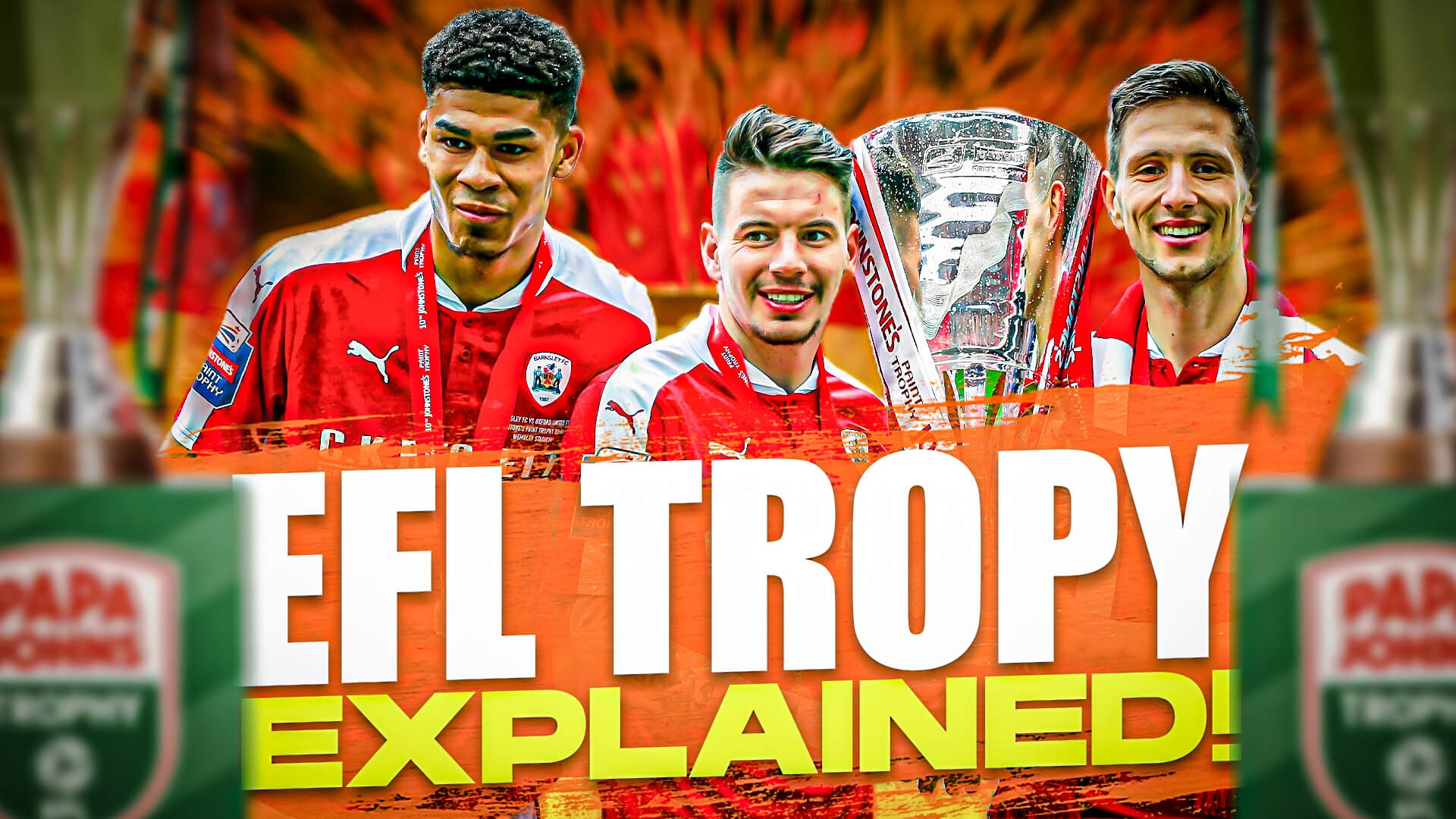Papa Johns Trophy, is an knockout competition open to all clubs in EFL League One and EFL League Two, with the addition of under-21 teams from Premier League and EFL Championship clubs since the 2016–17 season. It is the 3rd most prestigious knockout competition in English football after the FA Cup and the EFL Cup.
The competition, which is officially known as the Papa Johns Trophy, has been around since 1983 and was originally known as the Freight Rover Trophy. It has undergone several name changes over the years, but the format and purpose of the competition have remained the same.

The competition is split into two groups: Northern and Southern. The teams are drawn into groups of four, with the top two teams from each group progressing to the knockout stages. The final is played at Wembley Stadium, providing lower league sides with the opportunity to play on the famous Wembley turf.
The most successful team in the competition’s history is Bristol City, who have won the trophy on three occasions. Other notable winners include Birmingham City, Wolverhampton Wanderers, and Sunderland.

One of the interesting aspect of the competition is the inclusion of invited teams, which are the under-21 sides from Premier League and Championship clubs. This allows young players from those clubs to gain valuable experience against experienced professionals from League one and League Two.
Although beacuse of the inclusion of the under-21 sides, the competition has faced some controversy, with some fans and clubs expressing their dissatisfaction with the inclusion of the invited teams. However, the EFL has defended the decision, stating that it is important for the development of young players and the overall health of the lower leagues.
Overall, the EFL Trophy is an important competition that provides lower league sides with the opportunity to play on the biggest stage, while also giving young players from Premier League and Championship clubs the chance to gain valuable experience. Whether you’re a fan of the competition or not, it’s hard to deny the impact that it has had on English football over the years.



